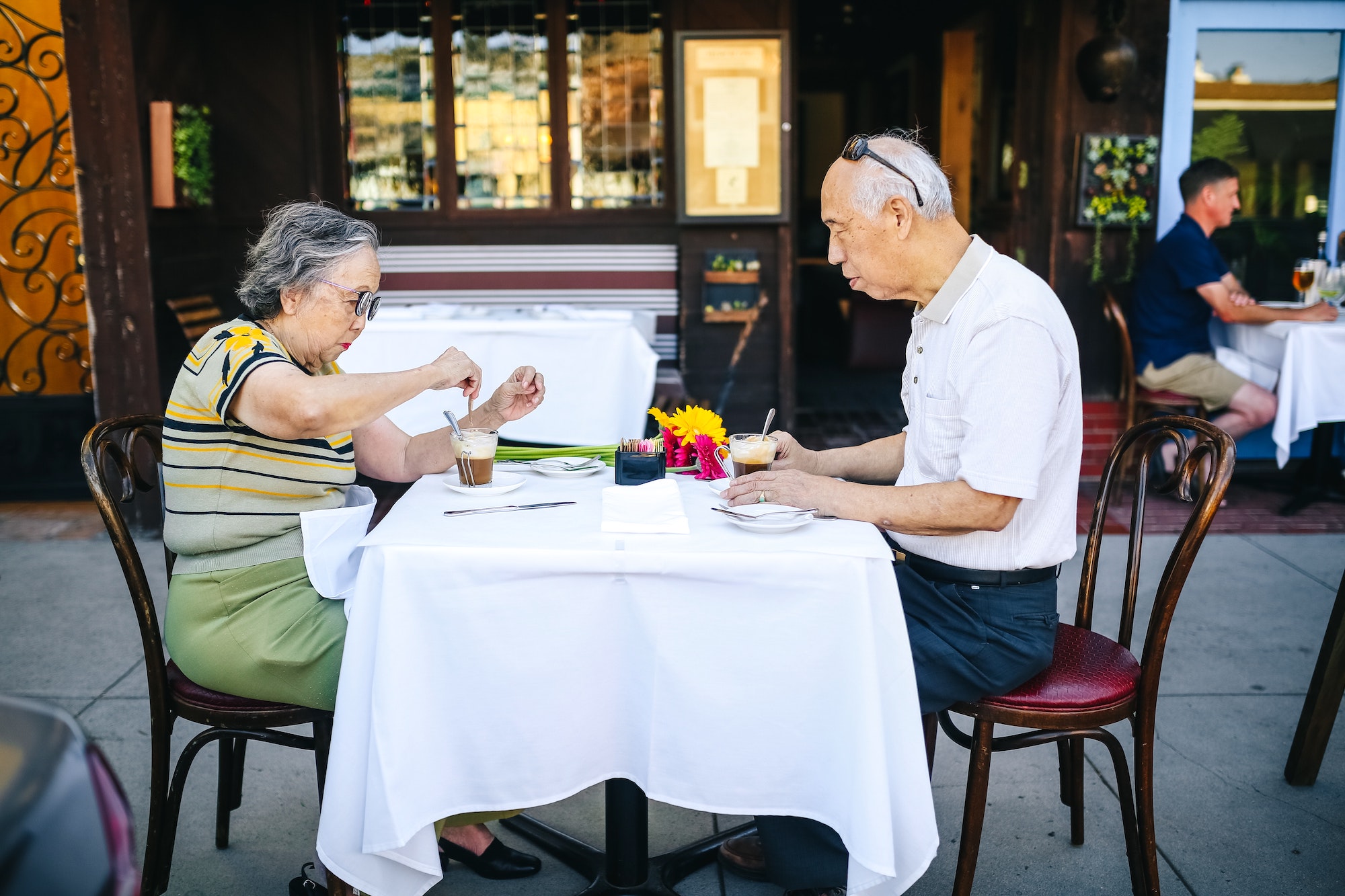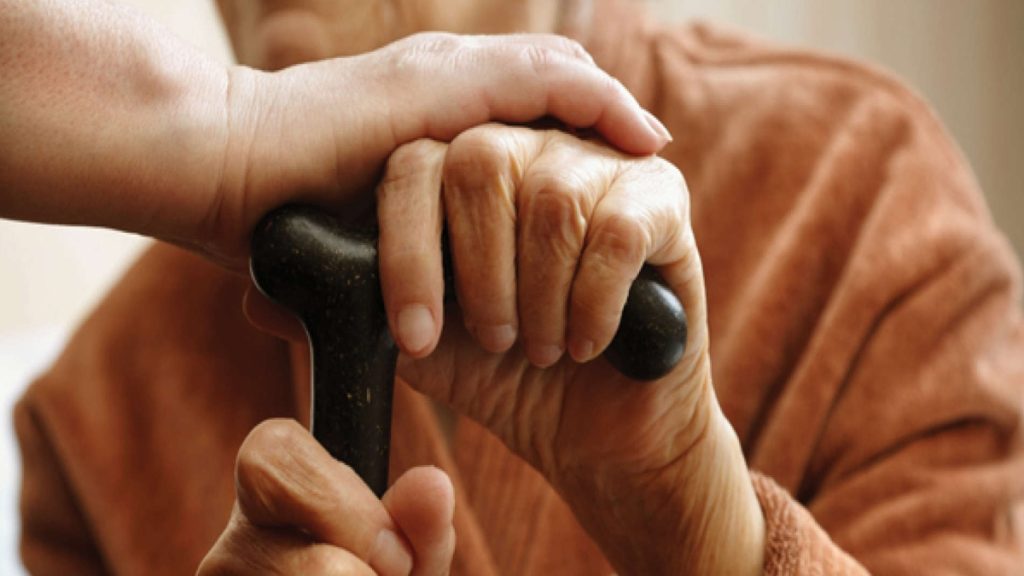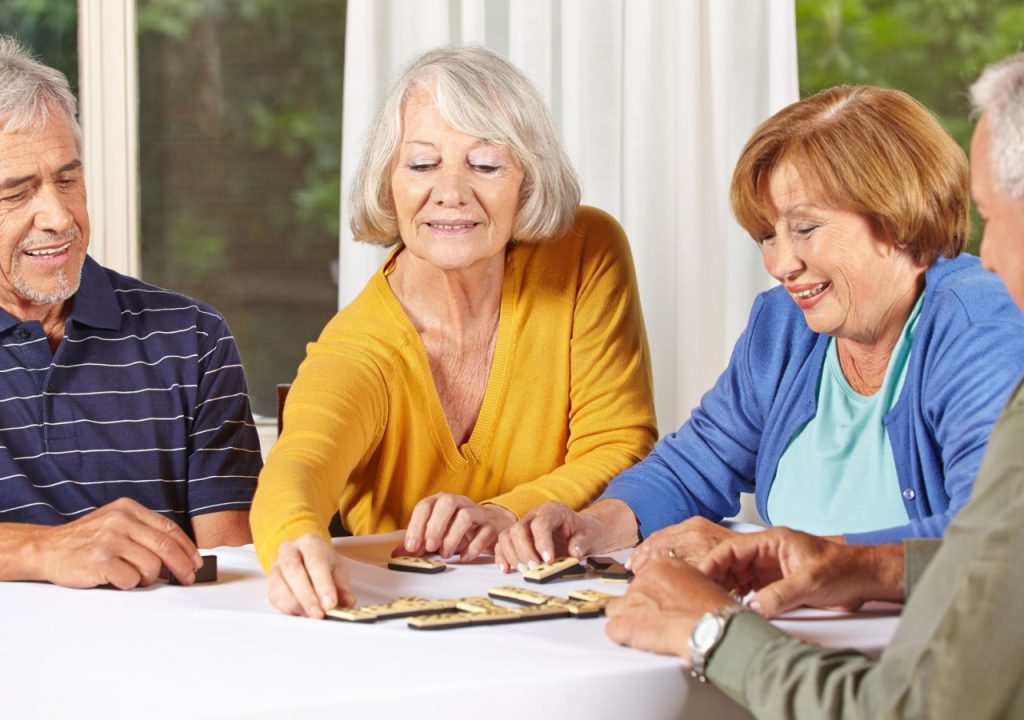
Universal Rights Relevant to Senior Citizens
The Human Rights of Older People include the right to live in a dignified environment, to participate in decisions about their health and care, and to pursue opportunities to develop their potential. This includes access to education, cultural and recreational resources. Elderly people should be able to live with dignity and free from physical abuse or exploitation. There are many challenges that must be overcome before this goal can be achieved. Listed below are the Human Rights of Older People.
Human rights of older persons
Every year, millions of older people face a wide range of human rights violations. These range from age-based discrimination and social and political exclusion to abuse in nursing homes and refugee camps, as well as barriers to healthcare and essential services, get more human rights of senior citizens on wilmacliving.com. Many of these abuses go unreported and perpetrators are rarely held accountable. Covid-19 highlights the cost of ignoring older people. Here are some tips to ensure that your community provides the best services to older people.
The United Nations has established an Open-ended Working Group on Ageing in 2011, which is mandated to identify gaps in the international legal framework for the protection of older persons. This group has recently submitted recommendations for a legally binding instrument on the topic. The Office of the High Commissioner for Human Rights is a key advocate of a convention to protect the human rights of older people. It is a good idea to include older people in discussions about aging in your community.

Conventions that protect older persons
Conventions that protect older persons provide the rights and protections of older people. This means that they must be protected from violence and should be treated with dignity, respect, and appreciation. They must be protected from abuse or neglect and must be treated with utmost respect and dignity. This is true no matter where they live, what their social background is, or what nationality they hold. Violence against older persons is defined as any form of harm.
Articles five through 31 of the Convention list various rights and protections for older people. They include: the right to life free from violence, the right to work, and the right to enjoy and exercise all fundamental freedoms. Articles 5 to 31 also detail the right to access education, health care, housing, and employment for older persons. In addition to these basic rights, the Convention also provides protection against exploitation and discrimination based on age.
Challenges to implementation
While older persons have the same human rights as everyone else, they face particular challenges when it comes to the implementation of these rights. They face a variety of challenges, including age discrimination, social exclusion, and inadequate pensions. They are also at higher risk for exploitation and abuse by family members. This report highlights some of the issues relating to the implementation of universal rights for senior citizens. Here are some of the most pressing issues.

Rapid population ageing requires special policy responses. Europe currently has the highest median age and, according to the World Health Organisation, 25 percent of the population will be 65 years old and older by the year 2050. More attention is being given to the human rights of older people in the UN system and in the Council of Europe. The Council of Europe’s Committee of Ministers adopted a Recommendation on promoting the human rights of senior citizens in 2014.
Issues that need to be addressed
Existing human rights treaties and global policies have failed to recognize the unique situation of older people. In many cases, these failures are rooted in ageism and systemic inertia, not an actual recognition of their rights. Ultimately, it is time for an age-friendly treaty that addresses the needs of older people. In order to do this, we need a dedicated instrument.
The Madrid International Plan of Action on Aging, published in 2002, outlines the rights of older people. The document is not legally binding, but member states are required to abide by its recommendations, such as by establishing a permanent committee on older people. The document focuses on five areas of rights that older people should enjoy, including independence, participation, self-fulfillment, dignity, and respect.
Access to education and training for older people is another area that requires attention. Older people should have access to appropriate educational programs, including post-literacy programs and technical or professional training. They should also have equal access to educational goods and services. The state must create conditions that encourage participation by older persons and take their needs into account. And the state must also promote international cooperation and exchange of resources and other goods and services.
More to read:
Sources of Information on the History of Clothes





